'Garm Hawa' - as timeless and relevant now as then (IANS Movie Review, Rating - *****)
Film: "Garm Hawa"; Cast: Balraj Sahni, Sahukat Azmi, Gita Siddharth, Farooq Shaikh;Directed by: M. S. Sathyu; Rating: *****
Published: Friday,Nov 14, 2014 13:10 PM GMT-07:00
Film: "Garm Hawa"; Cast: Balraj Sahni, Sahukat Azmi, Gita Siddharth, Farooq Shaikh;Directed by: M. S. Sathyu; Rating: *****
Very few Indian films have had the enduring impact of M S Sathyu's "Garm Hawa". This is the kind of rare cinema that serves the very core purpose of art. And now this tale of imperishable resonance comes to us in a restored digitally mastered avatar.
It stimulates the heart, stirs the soul, lifts the spirit and pricks the conscience. Dealing with Muslim pride and Islamic isolation during times of the stress and separation of the Partition, the relevance of "Garm Hawa" resonates to this day.
M S Sathyu's "Garm Hawa" brought in furious winds of change in Hindi cinema and its approach and attitude to the theme of Muslim isolation in pre-Partition India. Though it is set in Agra just after the division of India into two separate countries, "Garm Hawa", which re-released on Children's Day Friday, doesn't focus on the riots and bloodshed that followed the decisive moment in history.
Sathyu's film, brilliantly written by Kaifi Azmi and Shama Zaidi, seeks to pin down the violence that the community experienced from within their own hearts and souls. That sense of agonised isolation when history seems to have betrayed a whole community and its people comes vividly alive in "Garm Hawa" as Salim Mirza (Balraj Sahni) watches his family torn apart as one by one they all leave, most of them across the border and a beloved daughter for the other world.
Heartbreak is a constant in the narration. But the sound of the broken heart is muffled in the aggressive voices of politicians and religious leaders seeking to establish their own self-interest in a nation that desperately needed selfless leaders in the post-Gandhian era.
"Garam Hawa" is as real as Indian cinema gets. The crowded mohallas and gallis of Agra are shot in documentary style. But the characters don't seem to occupy that dispassionate space that documentaries are known to nurture.
We are without fuss taken into the world of Mirza's family. We learn soon enough that Ameena (Geeta Siddharth) is the apple of Salim Mirza's eyes. Co-writer Kaifi Azmi drew liberally from his own gentle and sensitive relationship with his daughter Shabana Azmi. And Balraj Sahni, that actor-extraordinaire who didn't seem to be acting at all, drew from his own relationship with daughter Shabnam who, like Ameena in the film, committed suicide.
"Garm Hawa" is many things at the same time. It's an evocative mirror of a people who chose to stay on when the land was divided. The film is also a love story. It is the intense tragic story of Ameena's two aborted relationships, first with her cousin Kazim(Jamal Hashmi) , her childhood sweetheart who's stolen away by Pakistan, and then her ardent suitor Shamshad(Jalal Agha) who leaves the country promising to return but never does. The second betrayal kills Ameena.
Finally , in a bizarre evocation of Agatha Christie's "And Then There None", Salim is left in India with only his wife and younger son, the rebellious Sikandar(Farouq Shaikh) who refuses to leave India for "greener pastures"(read: Pakistan).
The film ends on a note of heart-wrenching optimism when Salim Mirza changes his mind at the last minute about leaving the country.
Balraj Sahni as Salim Mirza gives what many film experts consider the one single-most flawless performance in the history of Hindi cinema. He gets into the skin of his character and inhabits the inner-most recesses of Salim Mirza's soul. You really don't see Balraj Sahni on the screen. You see this Muslim patriarch of a disintegrating family who never stops believing his God even when He seems busy elsewhere.
"Garm Hawa" is not just a cinematic experience. It is much more. It is a treatise on life's most precious emotions. Unfiltered, raw and still hurting.
ALSO READ: Shabana Azmi and Usha Kakade on creating a safer world for children at UNICEF event
Your reaction
 Nice
Nice Awesome
Awesome Loved
Loved LOL
LOL OMG
OMG Cry
Cry Fail
Fail






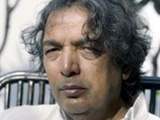

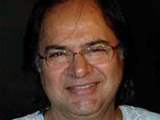




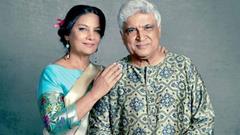
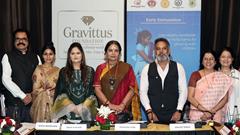
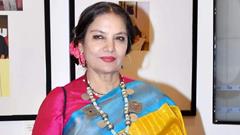
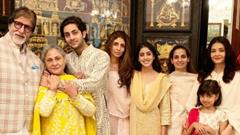

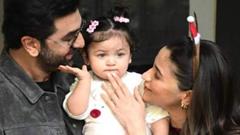

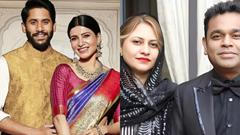


Comments (0)